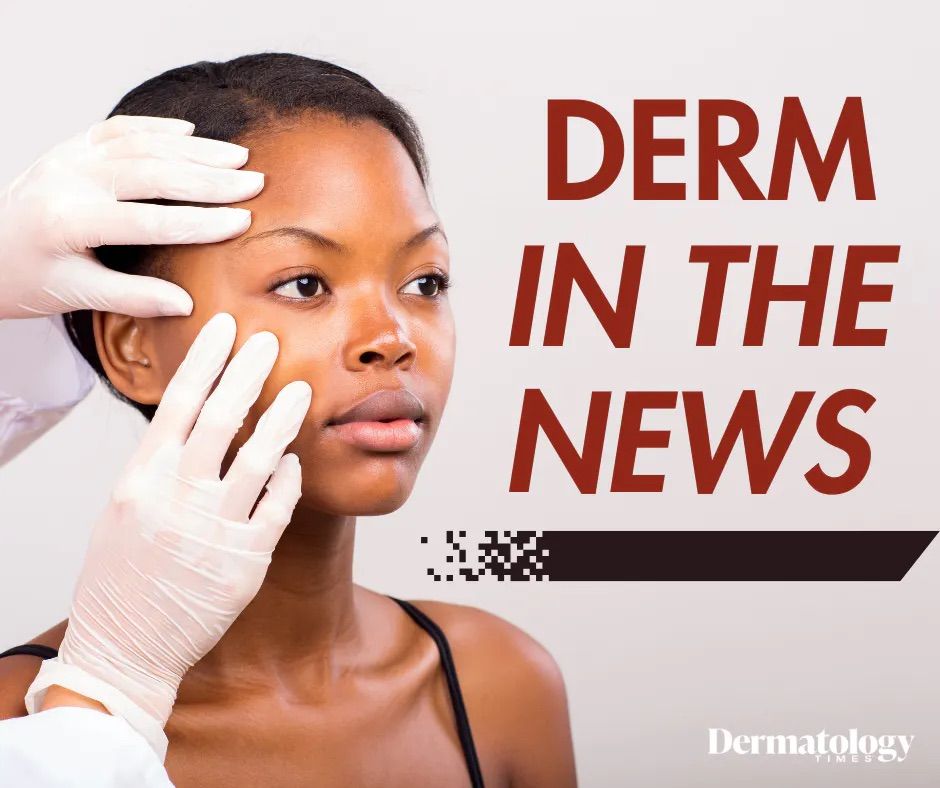A recent study published in the Journal of Investigative Dermatology has found that exposure to ultraviolet (UV) light can increase appetite while preventing weight gain by affecting hormones and neurotransmitters. Researchers observed that UV exposure in mice led to decreased leptin levels and increased norepinephrine, promoting energy expenditure and preventing weight gain even with increased appetite. Future research will focus on developing safe methods to replicate the beneficial effects of UV exposure without its adverse impacts.
A Northwestern Medicine study, published in JAMA Dermatology, is the first large-scale research examining mental health issues in children with chronic skin conditions. The study found that many children and teens with conditions like acne, eczema, psoriasis, alopecia areata, and vitiligo experience significant stigma and bullying, leading to depression, anxiety, and poor peer relationships. The study, involving 1,671 children and 31 sites, revealed that 73% had experienced stigma, which was linked to a poor quality of life. Researchers also discovered a discrepancy between how children and doctors rated the severity and visibility of the disease.
Patient-Forward Rundown
Top headlines from this week to share with your patients:
Bristol Myers Squibb announced that the FDA has set a new Prescription Drug User Fee Act goal date of December 29, 2024, for the Biologics License Application for the subcutaneous formulation of Opdivo (nivolumab), combined with Halozyme’s recombinant human hyaluronidase. This application covers all approved adult solid tumor indications for Opdivo, either as monotherapy or in combination with other treatments.
Dermatology Times covered this news! Read more here.
At Viva Technology Paris 2024, L’Oréal will present several innovations under the theme 'Beauty for Each, Powered by Beauty Tech,' emphasizing personalized, inclusive, and responsible beauty. These innovations include advanced skin and hair diagnostics, a GenAI-powered personal beauty assistant, the CREAITECH GenAI Beauty Content Lab to enhance creativity, an infrared light hair dryer, a micro-resurfacing skin care device, and a realistic bioprinted skin platform for research and product testing. The new bioprinted skin technology mimics diverse human skin conditions.
Influencers on TikTok have recently been promoting dangerous health trends, including abandoning sunscreen due to fears about cancer-causing chemicals like benzene. These influencers claim, without evidence, that sunlight does not cause skin cancer and suggest alternatives like coconut oil for sun protection. Dermatology experts have led the conversation against these claims, educating and that the benefits of using sunscreen far outweigh any potential risks.
Have you seen any dermatology headlines this week that we may have missed? Share with us by emailing our team at DTEditor@mmhgroup.com.















